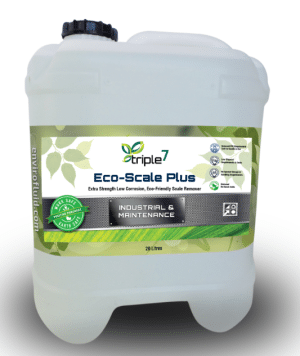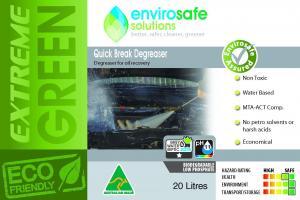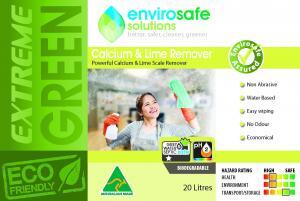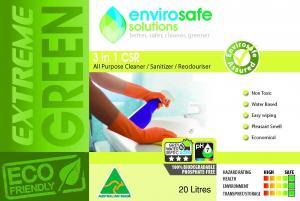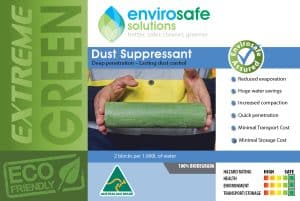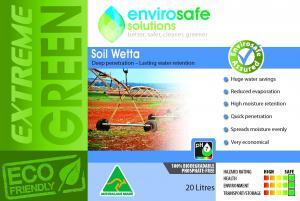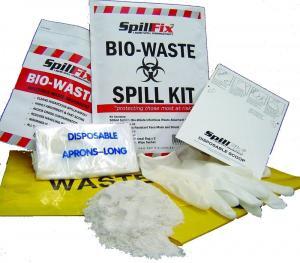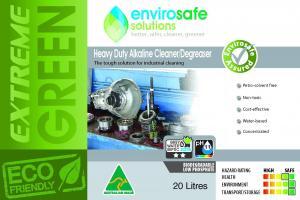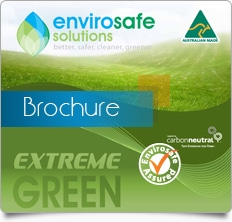 Infectious disease occurs all too often in childcare facilities and that’s because childcare centres are germ breeding grounds. Your child will come into regular and close contact with a large number of other children – maybe for the first time – leading to the spreading of infectious germs.
Infectious disease occurs all too often in childcare facilities and that’s because childcare centres are germ breeding grounds. Your child will come into regular and close contact with a large number of other children – maybe for the first time – leading to the spreading of infectious germs.
While there is no proven way to control all infectious diseases from spreading in childcare centres, you can greatly lower the risk using certain methods to control the spread of germs.
How Do Infectious Diseases Spread?
The National Health and Research Council has identified four major steps in the spread of infectious diseases and germs.[1]
- The infected person spreads germs (releases them into the environment)
- The germs continue to exist in the environment
- A second person contracts germs through hard surfaces, water, air, or food where the germs thrive
- The second person is infected by the germs
Each of these steps can be halted in most cases when proper precautions are taken by childcare workers and children. One of the most important precautions for infectious disease control requires using proper cleaning methods that break this cycle.
Preventing the Spread of Infectious Disease
How can the spread of infectious germs be halted? In addition to identifying the way infectious diseases spread, the National Health and Research Council also recognises three methods to keep the spread of germs to a minimum.[2]
- Washing hands
- Prohibiting sick childcare workers and children from interacting
- Immunisation
Due to the fact that germs have the ability to spread silently, or before a person exhibits any sign of illness, washing hands is one the first barriers to the preventing the spread of infectious germs. The trick is to wash hands completely with the proper hand cleaning product.
To wash hands correctly takes ten to fifteen seconds. First, run hands under water to wet and add liquid soap. Hands should then be rubbed together and attention must be given to under the fingernails and between fingers. Next, rinse the hands completely. Finally, dry the hands with paper towels. Experts suggest using a soap dispenser that does not require pumping so it’s a hands-free device and using paper towels when touching the faucet after rinsing hands.
Children and staff should wash hands with the right cleanser after going to the toilet, blowing their nose or coughing, coming into contact with raw food, changing diapers, and before eating.[3]
Remember, children must be taught proper hand washing. Young children may require supervision.
When to Stay Home
Because childcare centres are germ breeding grounds it is important to know when to stay home. When sick staff and children are present it increases the risk of others getting sick.
Childcare centres should have a written exclusion policy to avoid complications with parents. A child or staff member should be excluded if they present with an infection that has the ability to spread to others. Overall, staff and children who are not healthy should stay home.
The length of exclusion is variable. For example, a person with measles should stay home for a minimum of four days after the first signs of the disease while a person with influenza need only stay home until well enough to function without strain.
Immunisations
You can greatly reduce and in some cases prevent the spread of infectious germs with immunisations. Childcare centres should keep a record of a child’s immunisations on file.
Even with proper hand washing, immunisations, and a strict exclusion policy some infectious germs will find their way into childcare centres. Childcare centres are germ breeding grounds, but the danger can be greatly reduced with attention to cleaning and the use of proper cleaning products, a strict exclusion policy, and immunisations.
Envirosafe Solutions (www.evss.com.au) can recommend the right hand and surface cleaners that are effective at preventing the spread of germs. The cleaners are environmentally safe while being highly effective.
[1] Staying Healthy in Childcare. (2005, December). Retrieved from National Health and Medical Research Council: http://www.nhmrc.gov.au/_files_nhmrc/publications/attachments/ch43.pdf
[2] Ibid
[3] Antibacterial Cleaning Products. (n.d.). Retrieved from Better Health Channel: http://www.betterhealth.vic.gov.au/bhcv2/bhcarticles.nsf/pages/Antibacterial_cleaning_products









